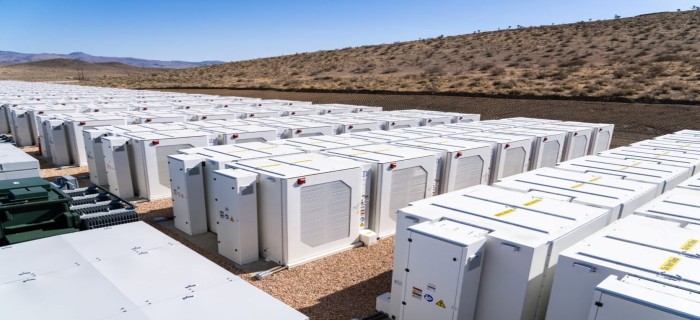
India’s Largest Battery Energy Storage System (BESS) to be Built in Maharashtra
In a major step toward enhancing grid stability and renewable energy integration, India is set to establish its largest battery energy storage system (BESS) in Pune, Maharashtra. The 1.5-gigawatt-hour (GWh) storage facility, developed in collaboration with the World Bank and leading private sector energy companies, will play a crucial role in managing power fluctuations and ensuring a stable electricity supply as India accelerates its transition to renewable energy. With the rapid expansion of solar and wind power, managing energy intermittency has become a key challenge. Battery storage solutions like this facility are essential for storing excess renewable energy generated during off-peak hours and releasing it when demand is high. This project, with an estimated investment of ?7,500 crore (~$900 million), will serve as a model for large-scale energy storage infrastructure in India.
The Maharashtra BESS project will feature a hybrid storage system combining lithium-ion and flow battery technology, designed to maximize efficiency and extend battery life. With a capacity to store and supply electricity to over 3 million homes during peak hours, the facility will significantly reduce grid congestion, enhance power reliability, and support India's 24x7 clean energy vision. Additionally, it will help India move closer to its goal of installing 50 GWh of battery storage by 2030, making it a global leader in energy storage solutions. This project is particularly important for Maharashtra, a state experiencing rising electricity demand due to rapid industrialization and urbanization. By deploying large-scale battery storage, Maharashtra aims to reduce its dependence on coal-based power plants, thereby cutting down carbon emissions by millions of metric tons annually.
Apart from environmental benefits, this initiative is expected to boost job creation in the clean energy sector, providing thousands of employment opportunities in battery manufacturing, installation, and maintenance. The Indian government is also considering replicating this model in other renewable energy-rich states such as Rajasthan, Karnataka, and Gujarat, further strengthening the country’s energy security. The Maharashtra BESS project is a significant milestone in India’s clean energy journey, ensuring that the country can efficiently harness and utilize its growing renewable energy capacity while maintaining a stable and resilient power grid for the future.

.gif)
.jpeg)
leave your comment